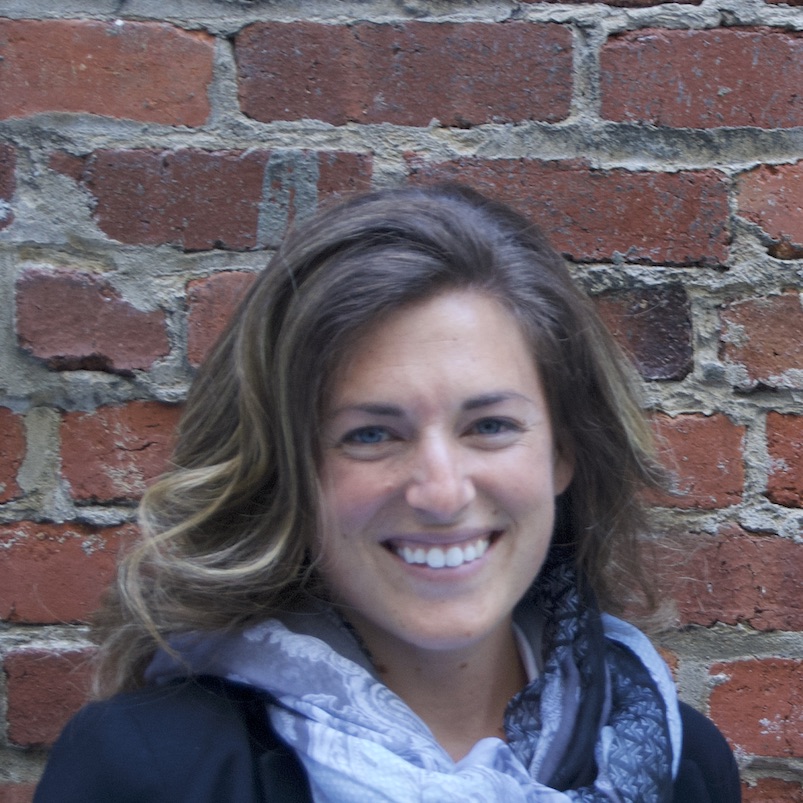A friend came to me recently with what seemed like great news. The CEO of her company had just asked her to take on his Chief of Staff role — quite a feat for someone in their 20s at a prestigious London Fintech company.
Great news, yet she was agonising over it.
For her, this invitation was butting right up against another opportunity to move back to Berlin. Berlin was her home city, so this option meant she would be at a tech startup and live close to her family and childhood friends again, with a better work/life balance than the new London job would allow.

As she sounded out the many what-ifs, I recognized and could relate to her blend of excitement & FOMO. I had heard her wrestle with other tough choices in a similar way: each decision felt heavy with the fear of making the wrong choice. I too, had sat in angsty analysis paralysis on key decisions, especially in my 20s, and found it draining and painful.
Truly hard choices happen when the options in front of us are ‘on a par’.
Options can feel evenly matched, potentially in wildly different ways. If the options were to be unmatched in quality — say, if my friend thought she had no viable job options in Berlin, making that option less attractive — the choice wouldn’t be such a tough choice after all.
So essentially, in a hard choice, both options are ‘right’. Both options are of value. But instead of seeing it in this light, we can get trapped in a distressing mess of what-ifs and worries about getting it wrong.
Alternatively, choices feel hard when the options feel equally awful; both options are ‘wrong’ or regrettable.
When we face hard choices, there is an underlying opportunity. We can frame these hard choices as a chance to get good at the process of choosing.
By viewing a hard decision as grist for our decision-making mill, it softens the focus on the outcome of this one juncture. It becomes a chance to improve how we choose. The reality is that we can’t have guarantees about how most of our choices will pan out in the future. We do influence what we pay attention to as we explore our options and decide.
We’re already using some kind of process to make our decisions, even if it is largely unconscious, erratic or abstract. By making that process more intentional, we can have something to guide us when we reach our next crossroads.

The Process of Choosing: 5 Useful Questions
- What do I value about each option?
- Who do I trust to talk with about this?
- What does my logic say? My heart? My gut?
- When I look back on this 20 years from now, what will I be glad to see myself choose?
- Do I need to decide this now, or can I let it go until a certain point?
These questions continually help me find wisdom and perspective and get in tune with what feels like the right next move. They’ve helped me say ‘no’ to continuing in a toxic workplace and to pursuing an unrequited love; ‘yes’ to moving overseas to London and ‘yes’ to marrying my partner, among so many other things. They get me in contact with the kind of life I aim to lead and how this particular choice can support that.
My friend and I chatted through some of these over our coffee, and I have total faith that she will make this tough choice, buckle in and gain something great regardless of the direction she goes in.
At some point, the next hard choice will present itself, for her and each of us. Whether it’s choosing between jobs or programmes or cities to live in, staying in a relationship or stepping away from it, or any other nature of tough choices that we humans are bound to face, these crossroads arise as a sign that we are living and going for things.
We won’t always be happy with the results of our decisions. But then we reassess, adjust our decision making process, and make the next decision, and the next. Getting more aware of how we choose means that we can let those decisions not have to paralyse us, but propel us forward instead.
A coach is a great partner for refining your unique process of choosing.
Get in Touch

Annemarie trains and coaches leaders using an integrated approach from her academic background in social and behavioural sciences, paired with professional training in Co-Active Coaching™ and Leadership methods. She specializes in helping organisational leaders and entrepreneurs take ownership of their leading style, focus on priorities, develop practices for managing their stress and energy levels, and cultivate stronger relationships.
